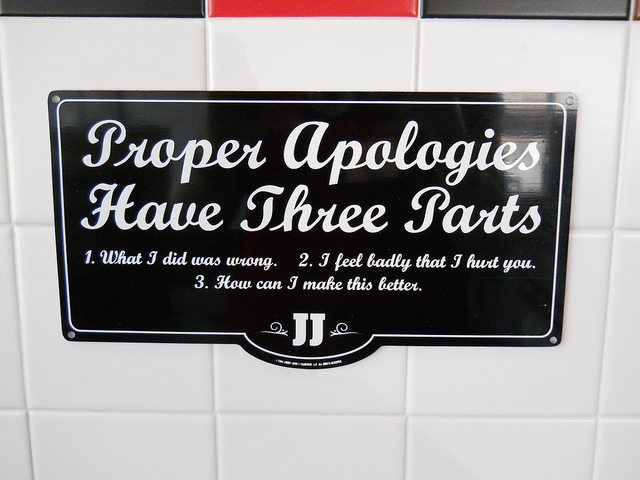When I first saw this I was with my wife and our friend Denise was over at our house. When the commercial ended, Denise said bluntly “What was that?!?”
When I saw it again I had the same reaction. And I guess a lot of others have as well. GM executives have had to go to great lengths to defend it. GM’s advertising director Craig Bierley says that the piece has been “misperceived.” I don’t think so.
Why the uproar?
Well let me tell what does not upset me.
I’m not upset about the ad’s American exceptionalism and the dig on the “other countries” that take long vacations or enjoy cafes. That’s been around for a long time. My wife was European (now American). We’re used to the jabs back and forth.
I’m not upset about the ad’s continued promotion of the American “myth” that if you work hard, play by the rules and gut it out everything will be ok … that you’ll end up with a beautiful spouse, adoring children and a house with a pool in Malibu. The actor even says definitively “it’s that simple.” Of course it isn’t simple. More importantly it isn’t true. For every Horatio Alger success story that you give me I can personally introduce you to one or two people who have done all of what they have (and more!) and are poor, struggling, and need help. But again, I’m used to that.
And I’m not upset about the ad’s blatant consumerism. In her searing piece in the Huffington Post, Carolyn Gregoire writes:
The opening shot shows a middle-aged man, played by the actor Neal McDonough, looking out over his backyard pool, asking the question: “Why do we work so hard? For this? For stuff?” As the ad continues, it becomes clear that the answer to this rhetorical question is actually a big fat YES.
But consumerism and advertising have long been married. So nothing new there.
No, what upsets me about the ad is the attitude it embraces and, indeed, celebrates which can best be summed up by one word: Smug.
Smug. According to one definition, excessive pride in oneself or one’s achievements.
More than capitalism, consumerism, and exceptionalism, this is what this ad celebrates.
A celebration of being “smug.”
My good friend Bob Deutsch, a well-known thought leader in human behavior and advertising – once told me once that good advertising has three qualities. People see themselves in it; people are affirmed by it; and people are empowered by it. If that is what is happening with the Cadillac ad, then I agree with Ms. Gregoire that in describing the American dream this ad portrays the American nightmare.
Even the great industrialists – the Rockefellers, the Fords, the Carnegies – had a sense of charity. And one of the icons mentioned in the ad – Bill Gates – has now turned his attention exclusively to matters of philanthropy. Charity and capitalism used to go hand in glove.
But this ad from the nation’s largest auto maker and one of America’s most icon brands, ignores that to celebrate the opinionated, the abrasive, the dismissive, the derisive. You almost are waiting for the guy to say “And if others don’t like it … f— ‘em!”
That’s not the America I know nor the America I want.
The urban dictionary describes smug as being “happy with ones self when others are not”. It is no coincidence that pride was labeled by Dante’s as the most damning of sins. “Smug” is not only absent humility, it is disdainful of others. It goes beyond a lacking of compassion and empathy. It borders on the sociopathic.
That’s not something I’d want my brand to be about.
